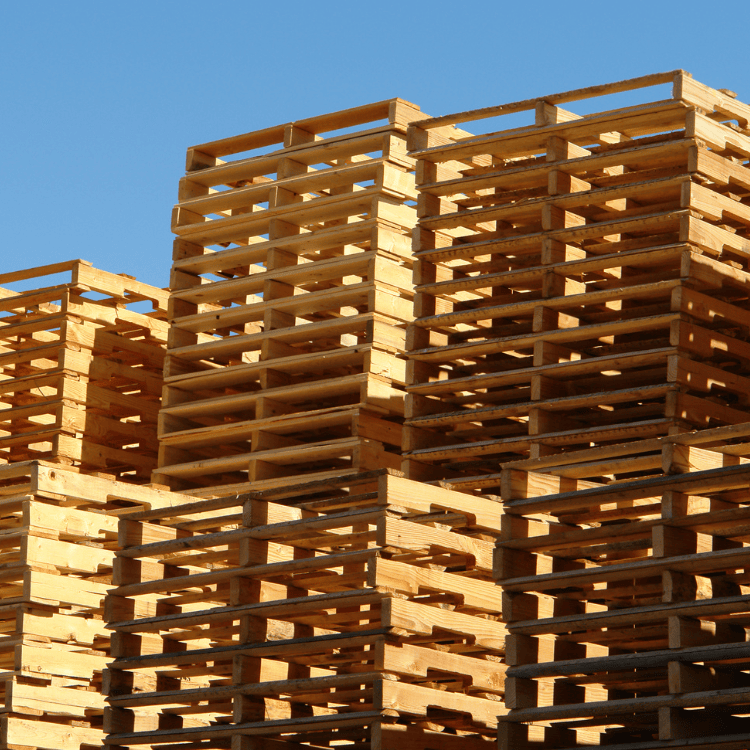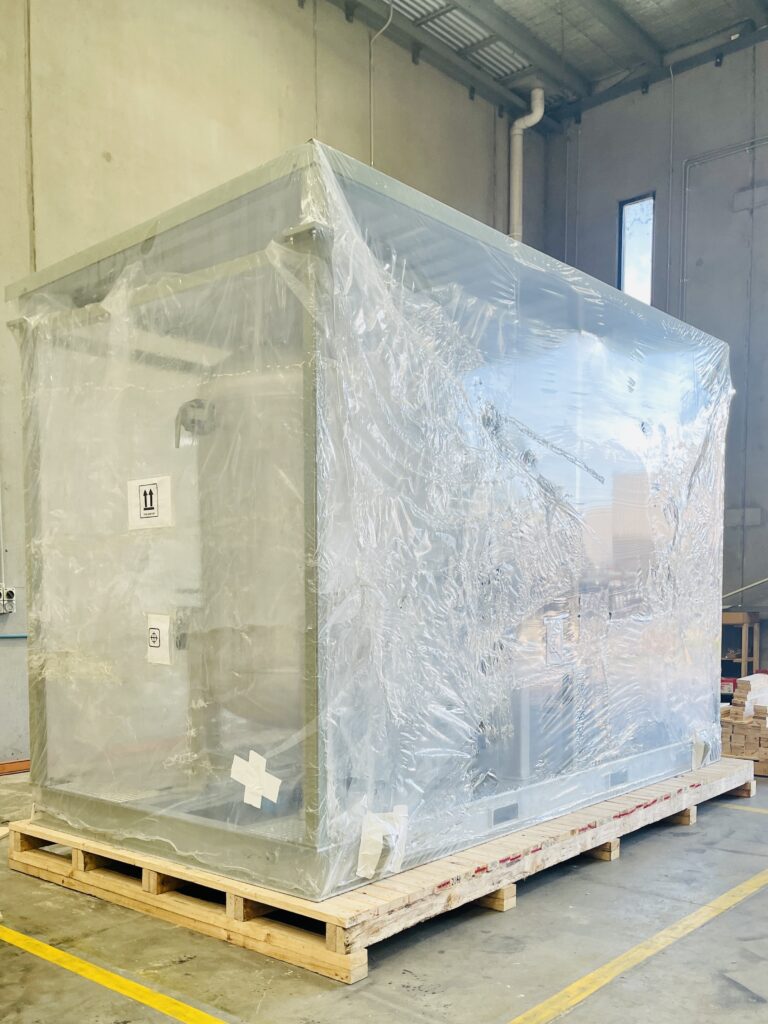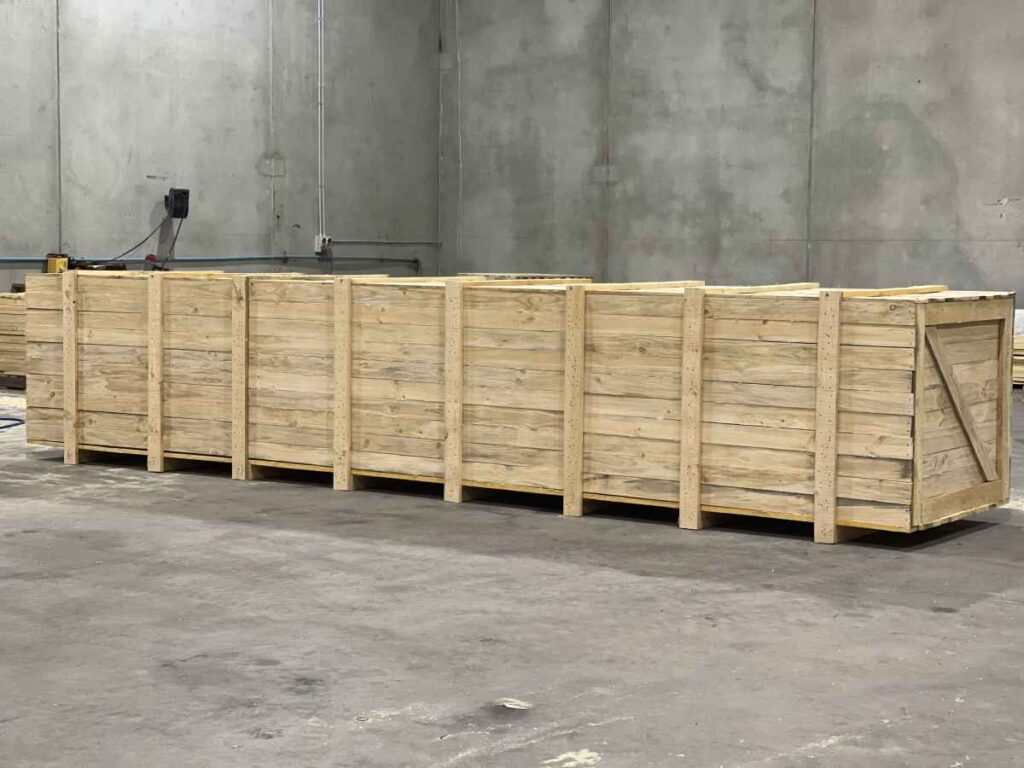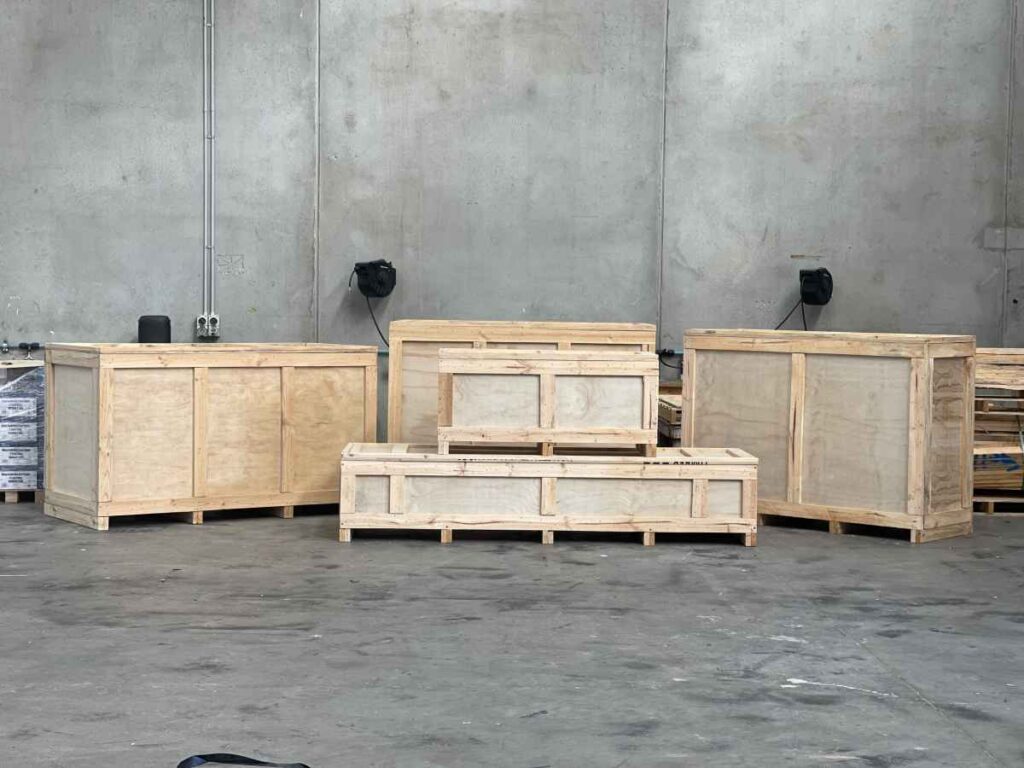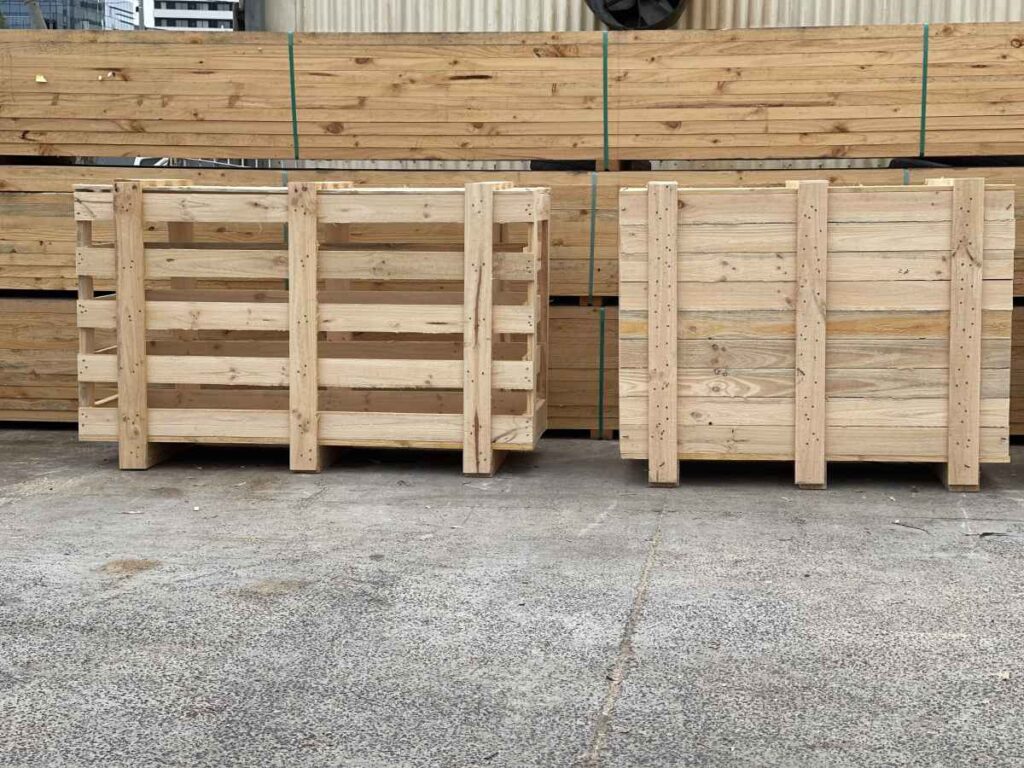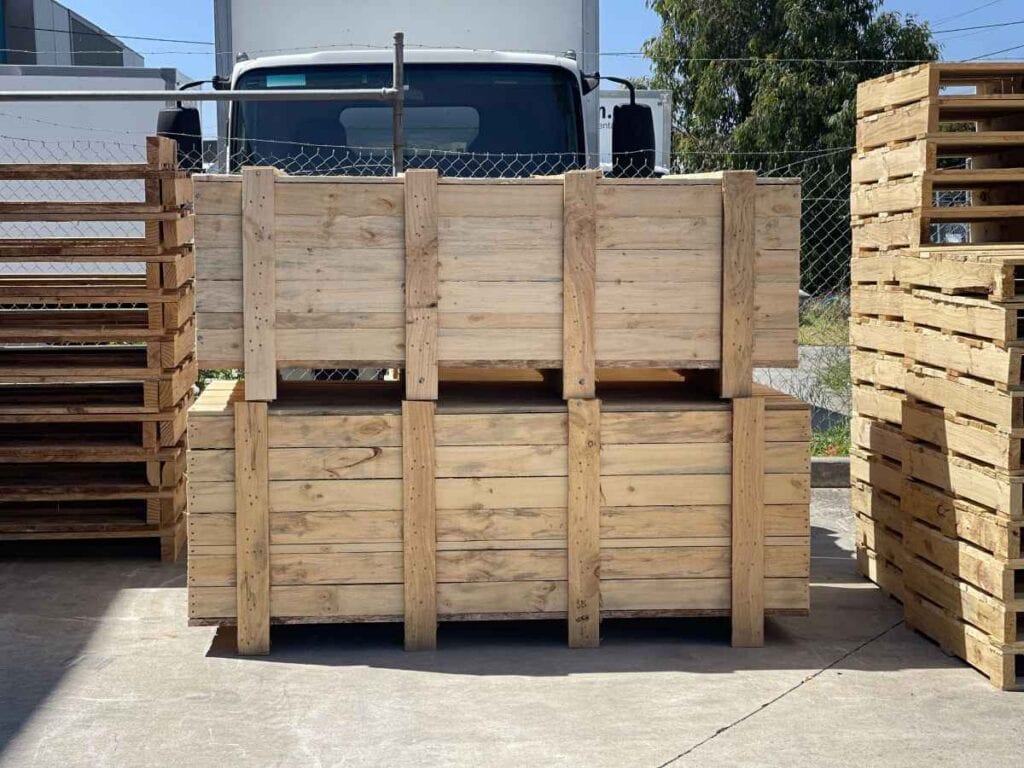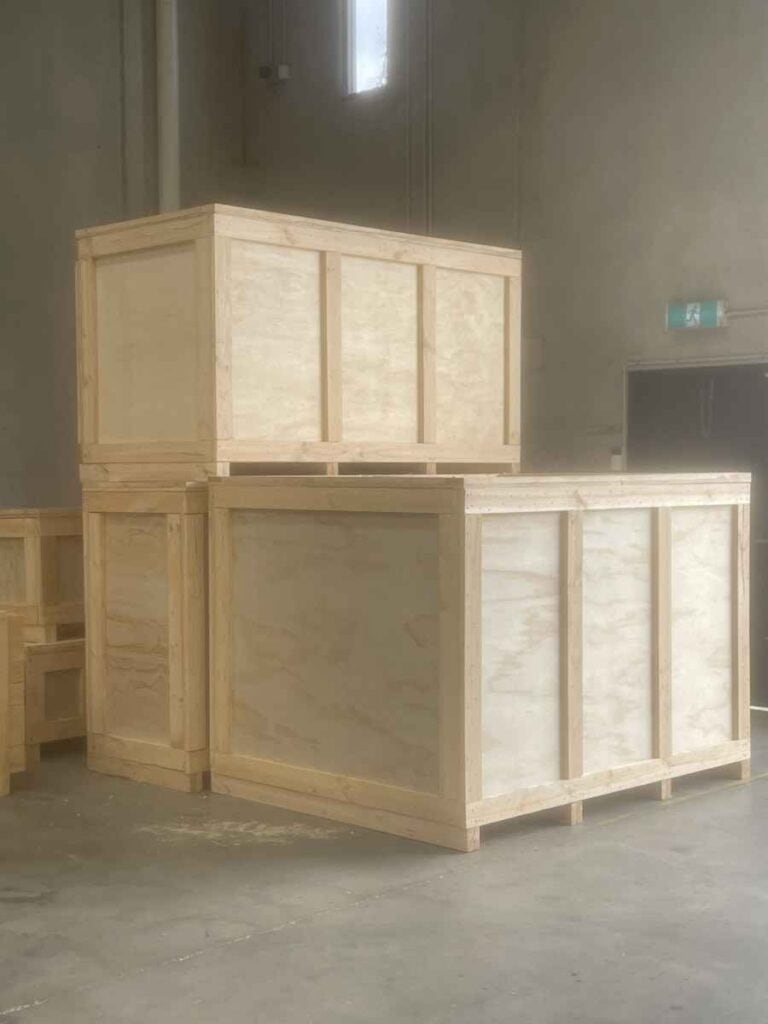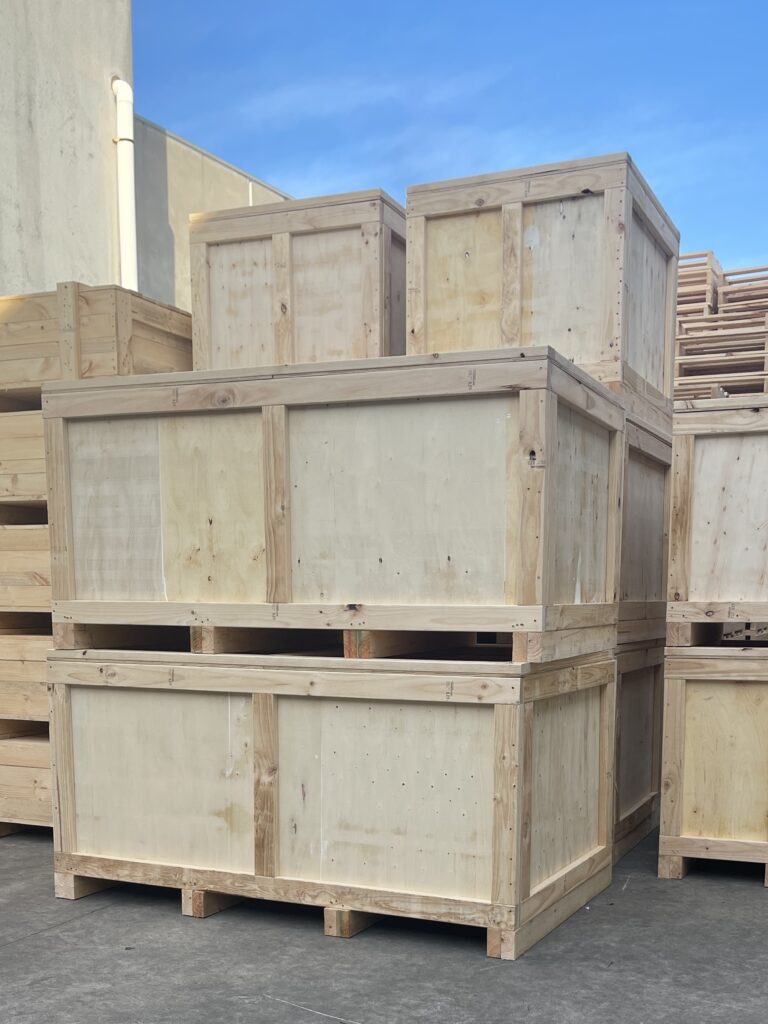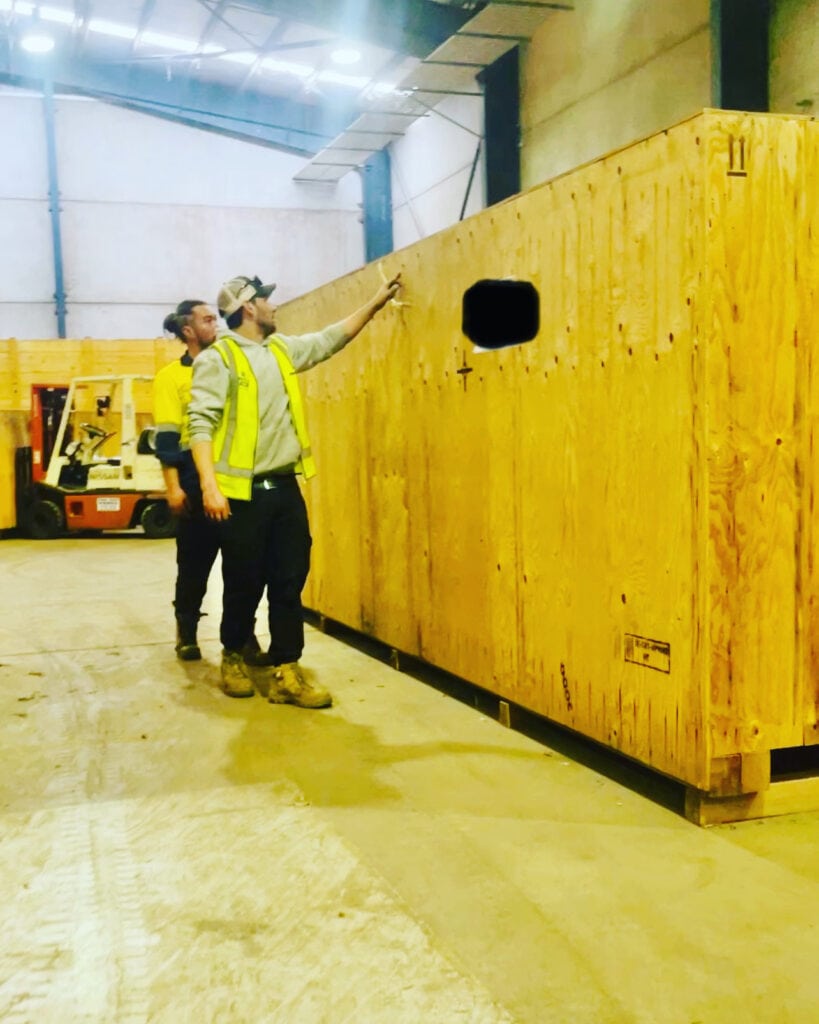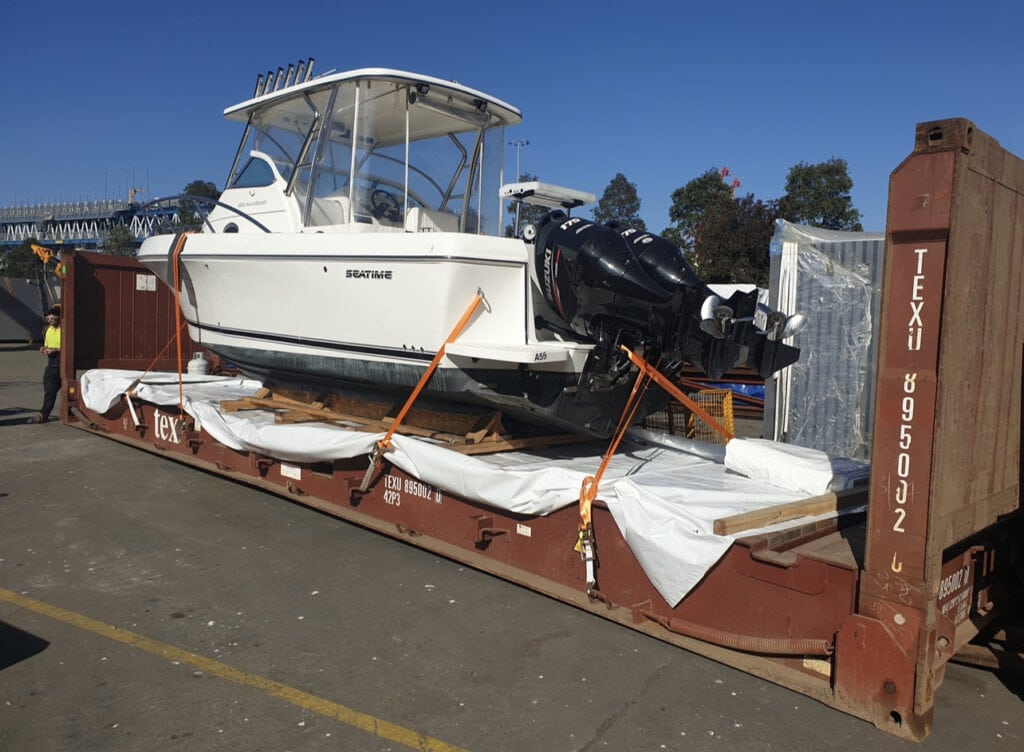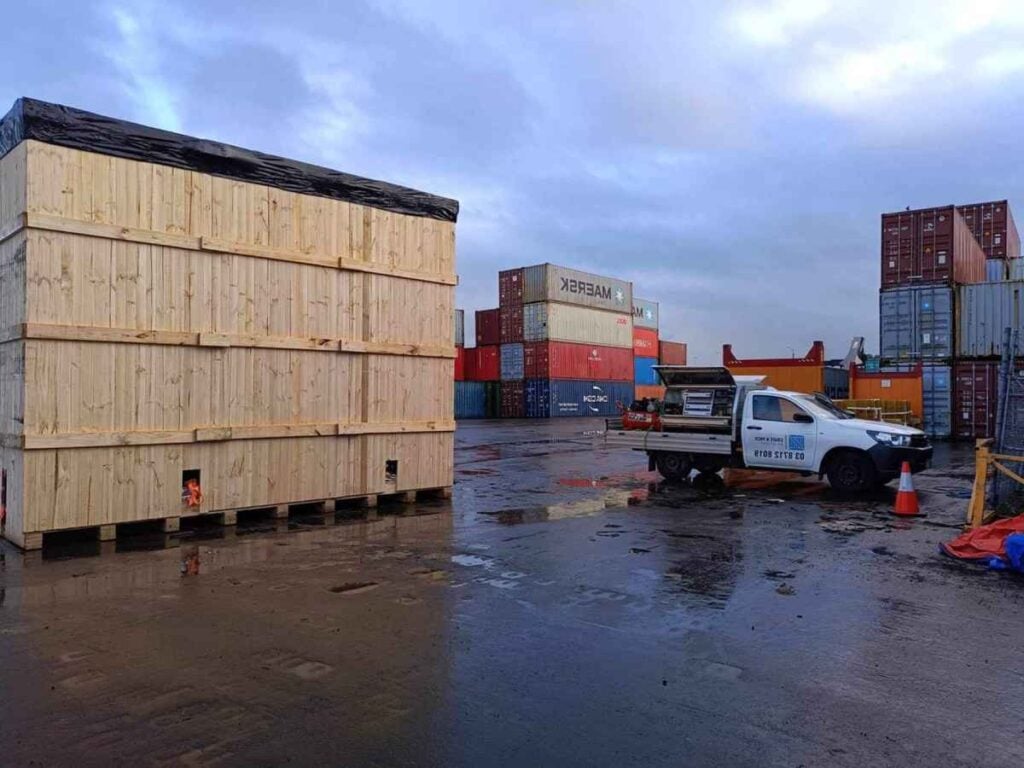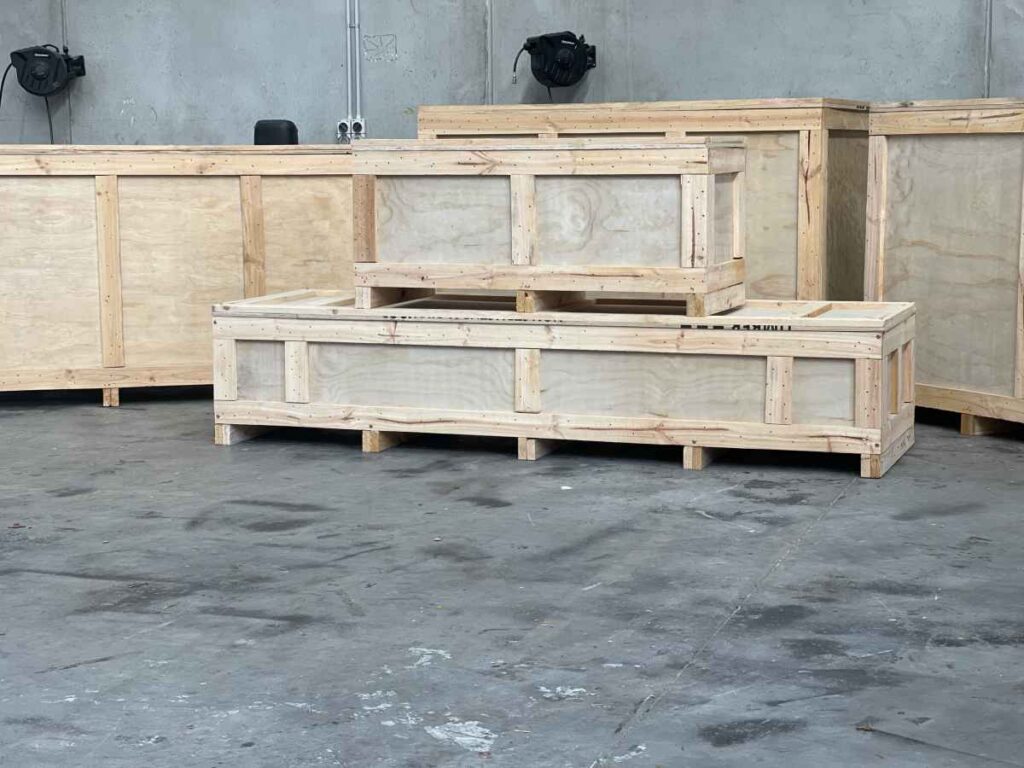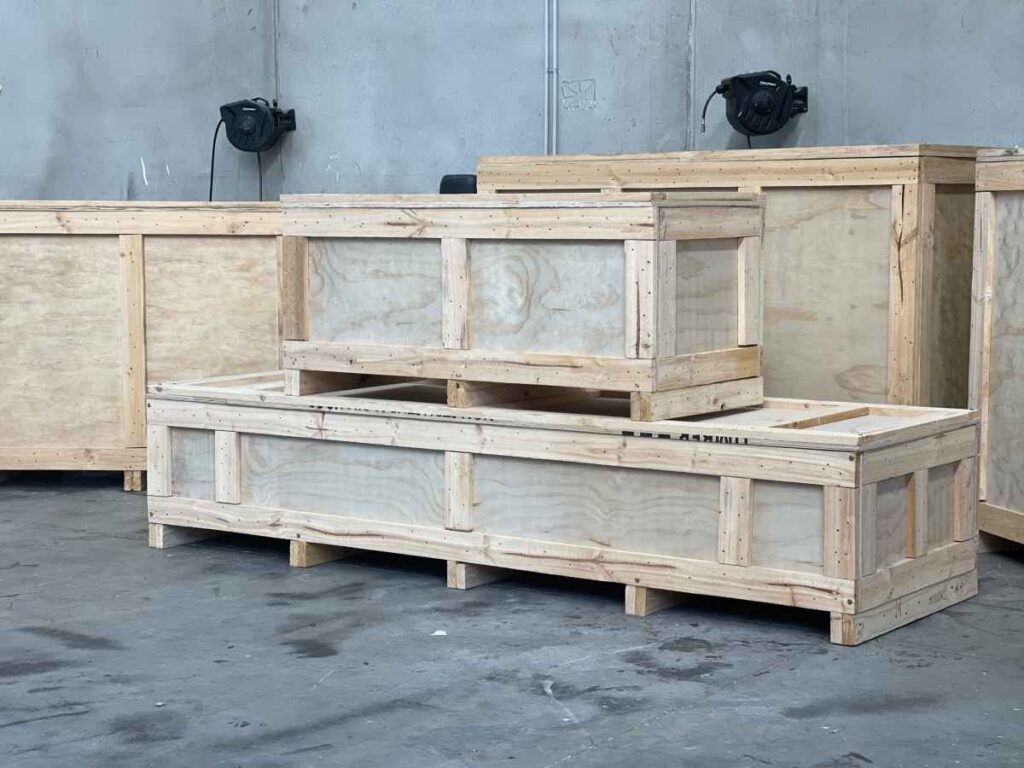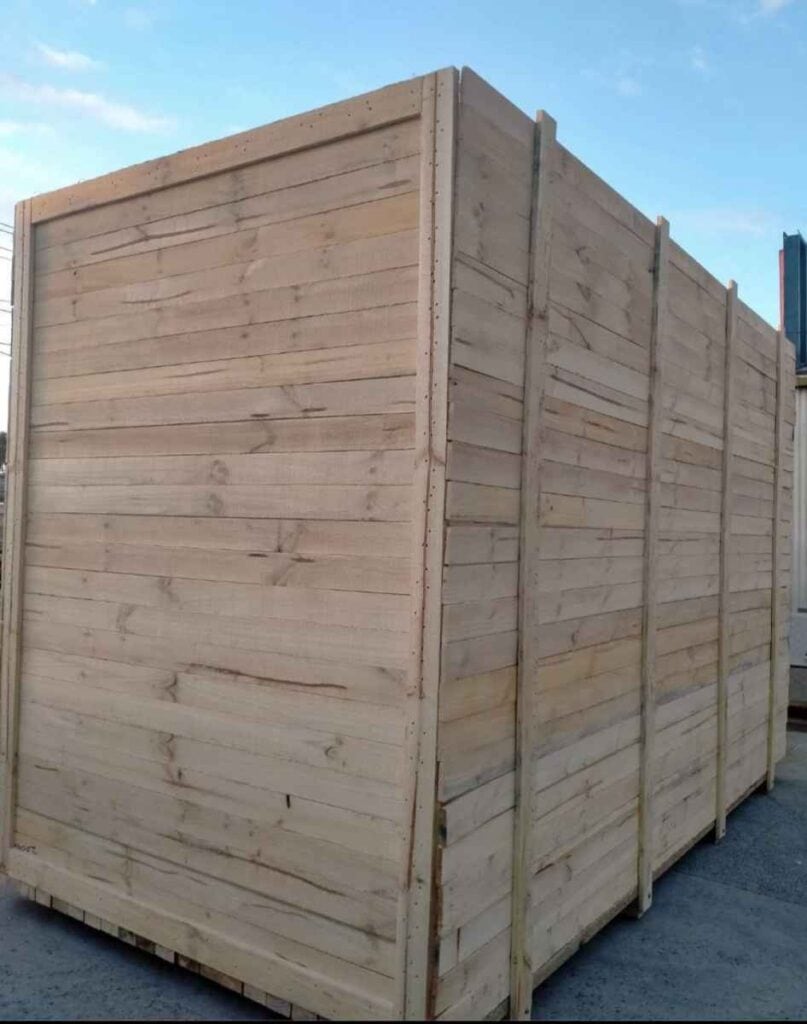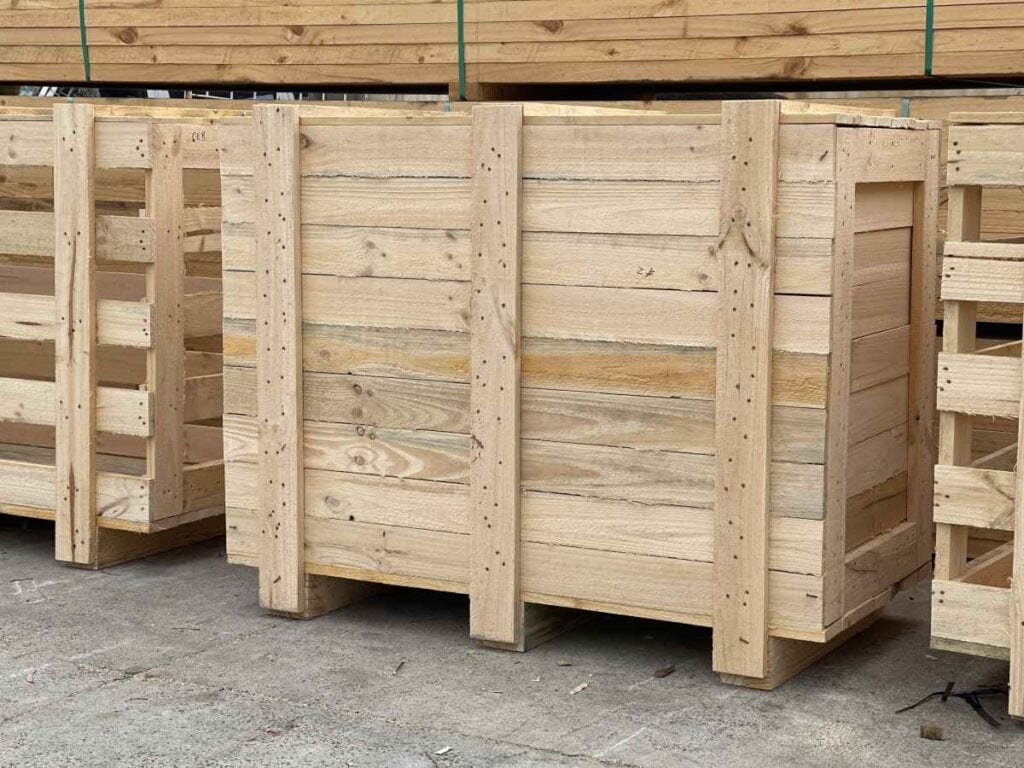Ultimate Guide to Pallets: Types, Benefits, and How to Choose the Right One
What Are Pallets and Why Are They Important?
Pallets are an essential part of the logistics and shipping industries, providing a solid foundation for transporting goods efficiently and securely. But what exactly are pallets, and why are they so crucial for businesses?
A pallet is a flat structure designed to support goods in transit and storage. Typically made from materials like wood, plastic, or metal, pallets enable easier handling and transportation of products, whether by forklift, pallet jack, or crane.
Understanding the different types of pallets and their benefits can help you make informed decisions about how best to move, store, and protect your goods. This guide will explore the most common types of pallets, their benefits, and how to choose the right one for your specific needs.
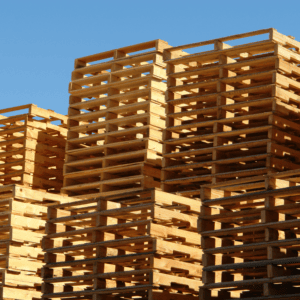
Types of Pallets
Different types of pallets are designed for different purposes, and choosing the right one depends on factors such as the weight of the goods, the shipping method, and environmental conditions. Below are the most common types of pallets used in industries today:
Wooden Pallets
Wooden pallets are the most widely used pallet type, offering a versatile and affordable option for many businesses. They are made from timber slats nailed or screwed together, providing strength and durability.
Benefits of Wooden Pallets:
- Widely Available: Wooden pallets are easy to find and come in a variety of sizes.
- Affordable: They are typically the most cost-effective pallet type.
- Strong and Versatile: Wooden pallets can carry a wide range of products, including heavy machinery, fragile items, and bulk goods.
- Easy to Repair: If a wooden pallet becomes damaged, it can often be repaired rather than replaced, making it a cost-efficient option.
Plastic Pallets
Plastic pallets are lighter than wooden pallets and are resistant to weather conditions, making them ideal for specific industries such as food, pharmaceuticals, or chemical manufacturing.
Benefits of Plastic Pallets:
- Lightweight: Plastic pallets are easier to handle and reduce transportation costs, especially for air freight.
- Hygienic: They are easy to clean, making them suitable for industries with strict hygiene requirements.
- Moisture and Chemical Resistant: Plastic pallets are durable and resistant to corrosion, moisture, and chemicals, which is ideal for specific goods that require high sanitation standards.
- Reusable: Plastic pallets have a longer lifespan than wood and can be reused multiple times.
Metal Pallets
Metal pallets, typically made from steel or aluminum, are used for the heaviest and most demanding loads. They are ideal for industrial and manufacturing environments.
Benefits of Metal Pallets:
- Extremely Durable: Metal pallets can handle very heavy loads without warping or breaking.
- Long Lifespan: These pallets last longer than wooden or plastic pallets, making them a cost-effective long-term investment for heavy-duty industries.
- Ideal for Industrial Applications: Perfect for transporting heavy machinery, metal parts, or any goods that require added support and strength.
How Pallets Are Used in Melbourne’s Logistics and Manufacturing Sectors
Pallets in Warehousing and Storage
Pallets are essential for organising goods in warehouses, helping businesses maximise space and maintain easy access to products. Whether it's storing heavy machinery, retail products, or raw materials, pallets provide a reliable platform for stacking and storing items safely.
- Efficient Use of Space: Pallets make it easier to stack goods, increasing the storage density of a warehouse.
- Easy Handling: Forklifts and pallet jacks can move multiple pallets at once, speeding up the handling process and reducing labour costs.
- Protection: Pallets keep goods off the ground, preventing moisture and dirt from damaging products, especially during Melbourne's wet winter months.
Pallets in Shipping and Transportation
Shipping is one of the most common uses for pallets in Melbourne. As Australia’s second-largest port city, Melbourne handles millions of containers and tonnes of goods annually. Pallets ensure that products are safely secured for transport, whether by road, rail, or sea.
- Safe Transport: Goods placed on pallets are stable, reducing the risk of damage during transport.
- Compliance: Export pallets often require ISPM 15 heat treatment to comply with international shipping regulations, particularly for wood pallets.
- Streamlined Loading: Pallets allow for easy loading and unloading of containers, reducing shipping times and improving overall logistics efficiency.
Pallets for Export
Melbourne plays a critical role in international trade, especially in sectors like agriculture, automotive, and manufacturing. Pallets are used extensively for exporting goods to global markets.
- Custom Export Pallets: Many businesses in Melbourne rely on custom export pallets to meet the specific needs of their products and to ensure compliance with export regulations.
- ISPM 15 Compliance: Wooden export pallets in Melbourne are often heat-treated and stamped with the ISPM 15 logo to meet international standards for pest control.
- Handling Heavy Machinery: For large or industrial goods, Melbourne manufacturers often use heavy-duty pallets to ensure safe transportation of equipment, machinery, and parts.
Benefits of Using Pallets for Your Business
Using pallets for storage and transportation offers several benefits that can improve operational efficiency and reduce costs:
Efficient Storage and Handling
Pallets enable easy stacking and organization, allowing for more efficient use of warehouse space. Forklifts and pallet jacks can quickly move large quantities of goods, improving handling times and reducing labor costs.
Enhanced Protection for Goods
By keeping products off the ground, pallets help protect them from moisture, dirt, and damage during transport. A well-chosen pallet ensures stability and security, reducing the risk of breakage or spillage.
Customisation for Specific Needs
Pallets can be custom-designed to meet the unique needs of your goods, whether that means adjusting size, material, or load capacity. Custom pallets can also be tailored for export compliance or environmental protection.
How to Choose the Right Pallet for Your Needs
Selecting the right pallet involves considering several key factors, such as the weight of your goods, the type of transport, and your environmental needs. Here’s how to choose the best pallet for your business:
Consider the Weight and Size of Your Goods
- Lightweight Goods: Plastic pallets may be suitable if your goods are lightweight, reducing transport costs.
- Heavy Goods: If you're transporting heavy machinery or industrial goods, wooden or metal pallets may be more appropriate due to their durability.
Type of Transport
- Air Transport: Lightweight pallets, like plastic, are ideal for air transport, where reducing weight is crucial.
- Sea or Land Transport: Heavy-duty wooden or metal pallets can be used for shipping large loads over long distances.
Environmental Factors
- For moisture-prone areas, such as humid climates or food shipping, plastic pallets may be a better option.
- In standard conditions, wooden pallets are a great choice, as they offer both affordability and versatility.
Common Mistakes to Avoid When Using Pallets
Incorrect Pallet Size
Choosing a pallet that’s too small or too large for your products can cause instability. Always measure your goods carefully to ensure they fit securely.
Neglecting to Inspect for Damage
Always check for any damage, such as cracked wood, bent metal, or broken plastic. A damaged pallet can compromise the safety of your goods.
Overloading Pallets
Make sure to distribute weight evenly across the pallet. Overloading can cause the pallet to collapse or tip over, leading to potential damage.
Pallet Regulations and Standards You Should Know About
Certain regulations, particularly for international shipping, must be followed when using pallets. One key regulation is ISPM 15 for wooden pallets used in export shipping.
ISPM 15 Compliance
The ISPM 15 standard ensures that wooden pallets are treated to prevent the spread of pests during international transport. Wooden pallets must be heat-treated and stamped with the ISPM 15 logo to be compliant with global export regulations.
FAQs About Pallets
What is the standard size for a shipping pallet?
The most common size for a pallet is 1165x1165mm, although custom sizes can be made based on specific needs.
How do I choose between wooden and plastic pallets?
Consider factors such as the weight of your goods, your shipping method, and environmental conditions. Wooden pallets are great for heavier loads, while plastic pallets are ideal for lightweight, fragile, or hygiene-sensitive goods.
Can I reuse pallets?
Yes, pallets—particularly wooden and plastic pallets—can be reused multiple times if they’re maintained and not damaged. In fact, many businesses opt for reusable pallets to reduce costs over time.
Conclusion: Make the Right Pallet Choice for Your Business
Choosing the right pallet is essential for ensuring the safe, efficient, and cost-effective transport and storage of your goods. Whether you need wooden pallets, custom pallets, or export pallets, Crate N Pack Solutions has the expertise and variety to meet your needs.
Need high-quality pallets for your business? At Crate N Pack Solutions, we offer a range of custom pallets designed for all shipping and storage needs. Contact us today for a quote!

